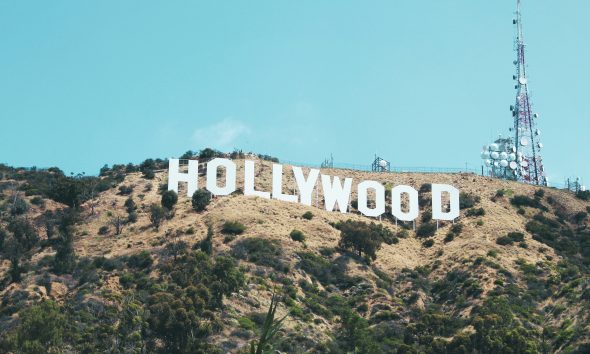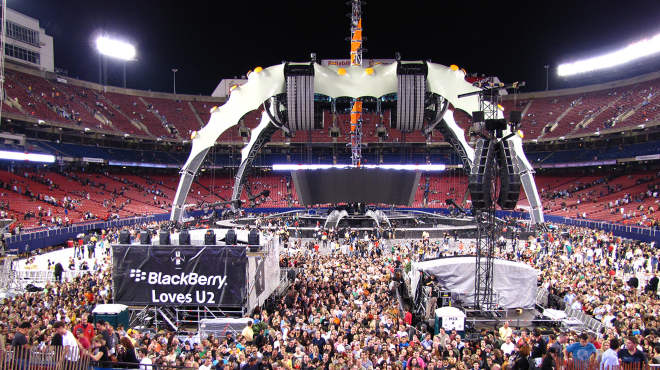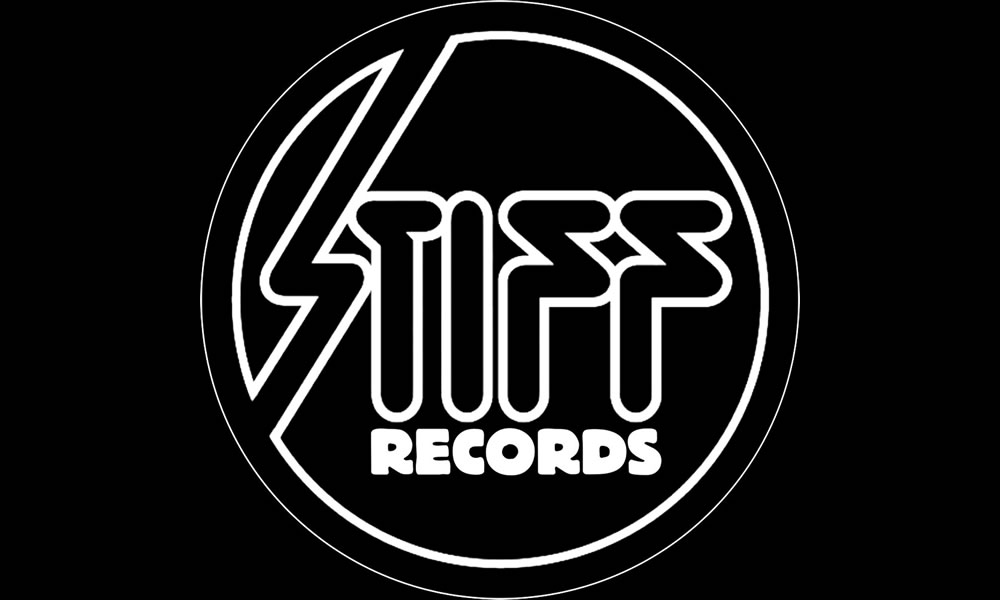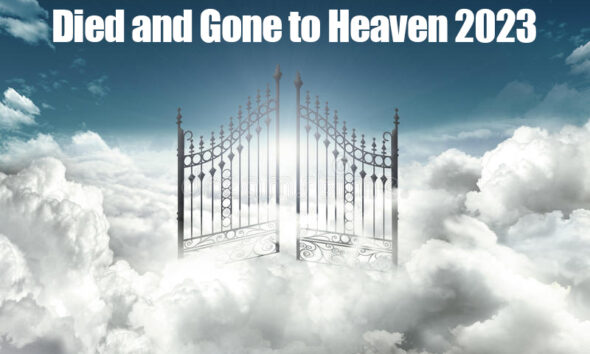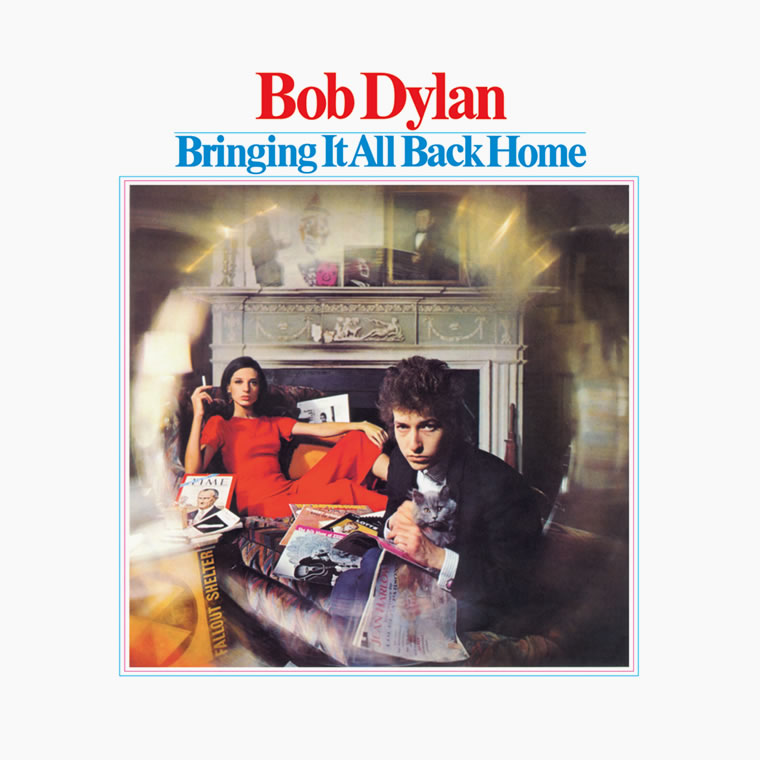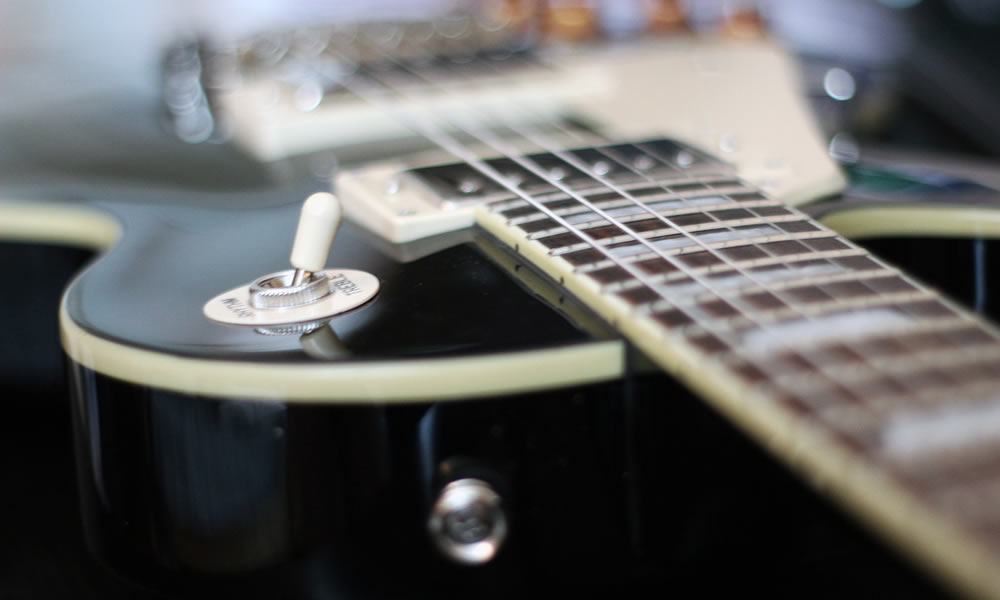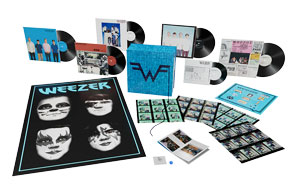The Band
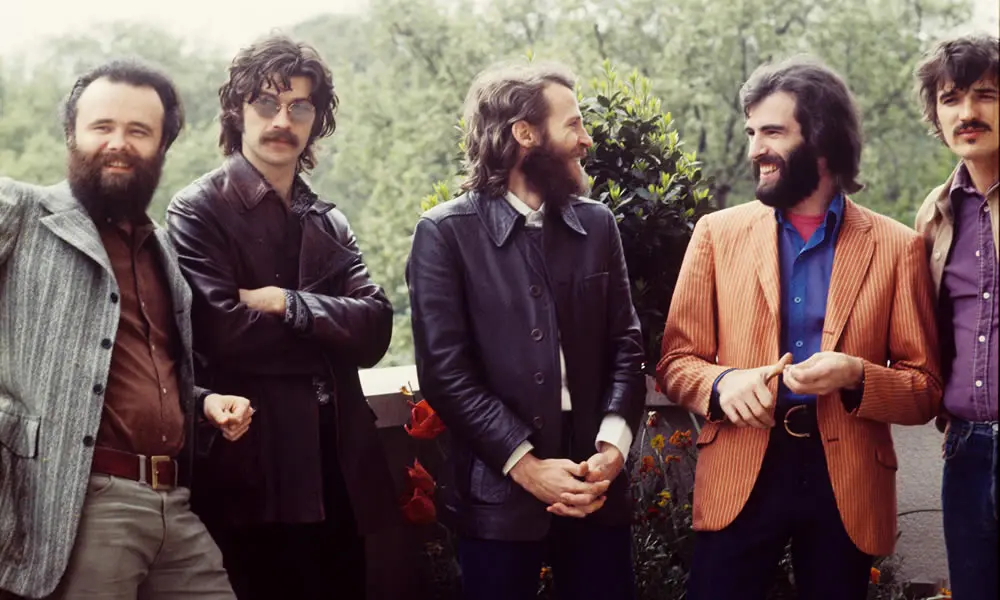

The Canadian-American rock band formed in Toronto, Ontario, in 1957 consisting of the Canadians Rick Danko (bass, guitar, vocals, fiddle), Garth Hudson (organ, keyboards, accordion, saxophone), Richard Manuel (piano, drums, vocals) and Robbie Robertson (guitar, vocals, piano, percussion) and the American Levon Helm (drums, vocals, mandolin, guitar, bass).
Between 1958 and 1963, the group was known as the Hawks, a backing band for Toronto-based rockabilly singer Ronnie Hawkins. With Hawkins, they recorded a few singles and became well known as the best rock group in the thriving Toronto music scene. In late 1963, the group split from Hawkins over personal differences. They had grown tired of playing the same songs so often and were also wary of Hawkins’s heavy-handed leadership. He would fine the Hawks if they brought their girlfriends to the clubs (fearing it might reduce the numbers of “available” girls who came to performances) or if they smoked marijuana.
In 1965, they released a single on Ware Records under the name the Canadian Squires, but they returned as Levon and the Hawks for a recording session for Atco later that year. Also in 1965, Helm and the band met blues singer and harmonica player Sonny Boy Williamson. They wanted to record with him, offering to become his backing band, but Williamson died not long after their meeting.
The Hawks were recommended to Bob Dylan by blues singer John P. Hammond, who earlier that year had recorded with Helm, Hudson and Robertson on his Vanguard album So Many Roads. In 1965, Dylan hired the group as his backing band for his US tour in 1965 and world tour in 1966.
With Dylan, the Hawks played a series of concerts from September 1965 through May 1966, billed as “Bob Dylan and the Band”. Most of these concerts were met with heckling and disapproval from folk music purists. Helm was so affected by the negative reception that he left the tour after a little more than one month and sat out the rest of that year’s concerts, as well as the world tour in 1966. Helm spent much of this period working on an oil rig in the Gulf of Mexico.
Because they were always referred to simply as “the band” to various frontmen and the locals in Woodstock, Helm said the name “The Band” worked well when the group came into its own.
Dylan and the Hawks played at the Free Trade Hall in Manchester on May 17, 1966. The gig became legendary when, near the end of Dylan’s electric set, an audience member shouted “Judas!” After a pause, Dylan replied, “I don’t believe you. You’re a liar!” He then turned to the Hawks and said, “Play it fucking loud!” With that, they launched into an acidic version of “Like a Rolling Stone”.
On July 29, 1966, while on a break from touring, Dylan was injured in a motorcycle accident that precipitated his retreat into semi-seclusion in Woodstock, New York. For a while, the Hawks returned to the bar and roadhouse touring circuit, sometimes backing other singers, including a brief stint with Tiny Tim. Dylan invited the Hawks to join him in Woodstock in February 1967, and Danko, Hudson, and Manuel rented a large pink house, which they named “Big Pink”, in nearby West Saugerties, New York.
Music from Big Pink became the debut studio album by the Band released in July 1968. The fact that Dylan wrote one and co-wrote two of the songs on the album attracted attention. In 1968, the first single from the album “The Weight” peaked at No. 63 on Billboard’s Hot 100 singles chart in the US. The track gained widespread popularity from the Band’s performance of it at Woodstock on August 17, 1969.
After recording the follow up album Stage Fright, The Band was among the acts participating in the Festival Express, an all-star rock concert tour of Canada by train that also included Janis Joplin, and the Grateful Dead.
Despite mounting problems among the group members, The Band forged ahead with their next album, Cahoots (1971). Cahoots featured Dylan’s “When I Paint My Masterpiece”, “4% Pantomime” (with Van Morrison), and “Life Is a Carnival”, the last featuring a horn arrangement by Allen Toussaint. In late December 1971, The Band recorded the live album Rock of Ages, which was released in the summer of 1972.
By the mid-1970s, Robbie Robertson was weary of touring. After Northern Lights – Southern Cross failed to meet commercial expectations, much of the group’s 1976 tour was confined to theatres and smaller arenas. In early September 76, Richard Manuel suffered a severe neck injury in a boating accident in Texas, prompting Robertson to urge The Band to retire from live performances after staging a “farewell concert” known as The Last Waltz.
Robertson played guitar on ex-Beatle Ringo Starr‘s third solo album, Ringo (1973) and played guitar for Joni Mitchell on the track “Raised on Robbery”, which was released on her album Court and Spark. In 1974, Robertson also played guitar on Carly Simon’s version of “Mockingbird”, which featured Simon singing with her then-husband James Taylor.
The Last Waltz was held on American Thanksgiving Day, November 25, 1976, at Winterland Ballroom in San Francisco advertised as the Band’s “farewell concert appearance”. The concert had the Band joined by more than a dozen special guests, including their previous employers Ronnie Hawkins and Bob Dylan, as well as Paul Butterfield, Bobby Charles, Eric Clapton, Neil Diamond, Emmylou Harris, Dr. John, Joni Mitchell, Van Morrison, The Staple Singers, Ringo Starr, Muddy Waters, Ronnie Wood, and Neil Young. The show was filmed by director Martin Scorsese, who made it into a documentary of the same title, released in 1978.
Scorsese has said he was using cocaine heavily during this period and drugs were present in large quantities during the concert. During post-production Neil Young’s manager insisted that a large blob of cocaine on the guitarist’s nose be removed with special effects. Scorsese reportedly pushed back, defending the cocaine’s appearance as “rock & roll.” When Young’s management insisted the post-production team created a special effect—known in-house as “the traveling booger matte.” This rotoscoped matte hovered over Young’s face for the duration of his appearance on-screen, obscuring the cocaine blob that clung to his nose.
The Band resumed touring in 1983 without Robertson. Accomplished musician from Woodstock, NY, Jim Weider became lead guitarist. After a performance in Winter Park, Florida, on March 4, 1986, Manuel hanged himself, aged 42, in his motel room. He had suffered for many years from alcoholism and drug addiction and had been clean and sober for several years beginning in 1978 but had begun drinking and using drugs again by 1984.
Robertson had the 1987 solo hit “Somewhere Down the Crazy River”, which reached No. 15 on the UK Singles Chart, and No. 24 on Billboard’s Mainstream Rock Tracks and won Robertson and Daniel Lanois the Canadian Producer of the Year Award for 1989.
The Band was inducted into the Canadian Music Hall of Fame at the 1989 Juno Awards, where Robertson was reunited with original members Danko and Hudson.
The Band appeared at Bob Dylan’s 30th anniversary concert in New York City in October 1992, where they performed their version of Dylan’s “When I Paint My Masterpiece”. In 1993, the group released their eighth studio album, Jericho. Jericho was their first album recorded since The Last Waltz 17 years prior, and also their first studio album since Islands.
The final song the group recorded together was their 1999 version of Bob Dylan’s “One Too Many Mornings”, which they contributed to the Dylan tribute album Tangled Up in Blues. On December 10, 1999, Rick Danko died in his sleep at the age of 55.
In 2019, the Last Waltz film was selected by the Library of Congress for preservation in the United States National Film Registry for being “culturally, historically, or aesthetically significant”.
Robertson collaborated on film and TV soundtracks, usually with director Martin Scorsese, beginning in the rockumentary film The Last Waltz (1978) and continuing through dramatic films including Raging Bull (1980), The King of Comedy (1983), Casino (1995), Gangs of New York (2002), The Wolf of Wall Street (2013), Silence (2016), The Irishman (2019), and Killers of the Flower Moon (2023), scoring the latter shortly before his death. The film was dedicated to his memory, and garnered him a posthumous nomination for Best Original Score at the Academy Awards.
Robbie Robertson died at the age of 80 on August 9, 2023, after battling prostate cancer.
Garth Hudson, the last living original member, died in his sleep at a nursing home in Woodstock, New York, on January 21, 2025, at the age of 87.


